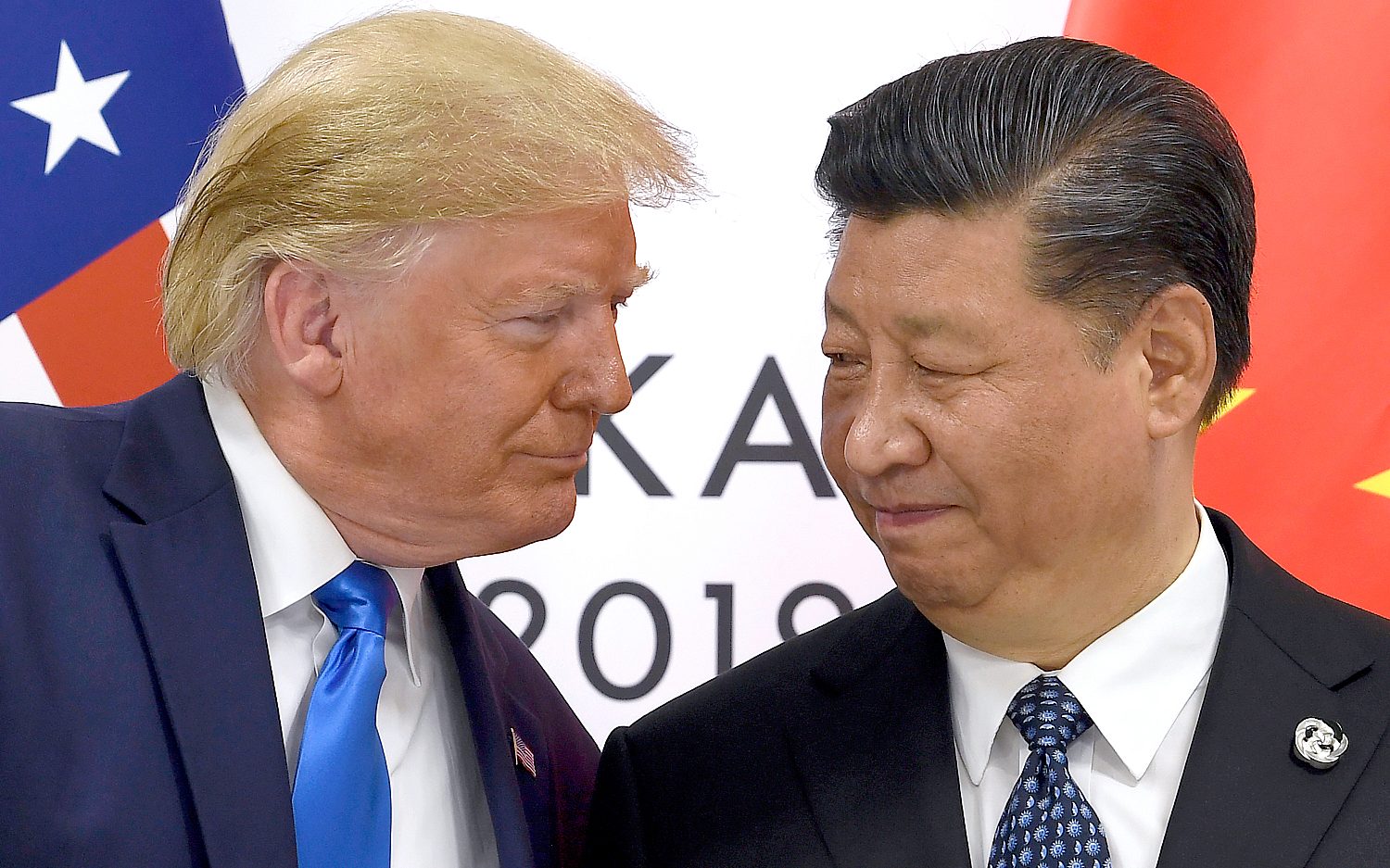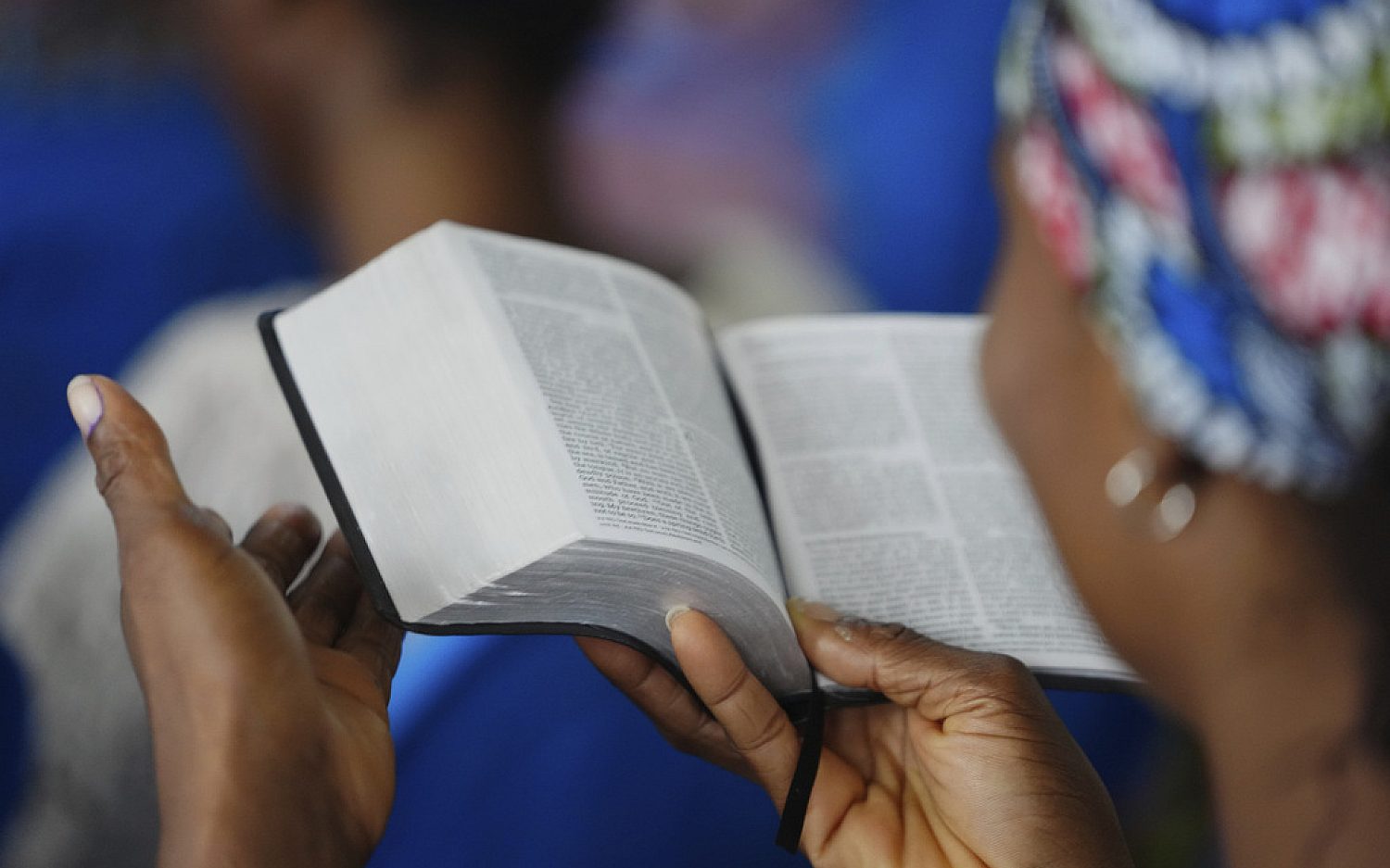Liberty defends hiring of athletic director involved in Baylor scandal
Ian McCaw resigned amid an investigation over handling of sexual assault cases
Liberty University responded Tuesday to questions about its hiring of Ian McCaw, who resigned as athletic director of Baylor University amid allegations he and other administrators did not address sexual assault accusations made against several football players. Liberty announced the appointment Monday, 11 days after the university’s previous athletic director, Jeff Barber, suddenly resigned without explanation.
“Of course, we spoke openly and directly with Ian McCaw about the situation at Baylor,” Liberty president Jerry Falwell Jr. said in a statement posted on the school’s website. “And we reviewed what can be found in the public record. We are completely satisfied that Ian McCaw is a good man and a great athletic director.”
A report released in May said Baylor administrators, including McCaw, knew of at least one of several sexual assault accusations made against football players but did not notify authorities. Following the release of the report, Baylor regents sanctioned McCaw and placed him on probation, which led to his eventual resignation. They also fired head football coach Art Briles and removed president Ken Starr, who later resigned his positions as university chancellor and professor at Baylor’s law school.
During a Monday press conference, Falwell listed Baylor’s athletic successes under McCaw’s 13-year tenure at the Baptist-affiliated Waco, Texas, school: “Ian’s success really speaks for itself. You look at what Baylor was able to do during his tenure. It fits perfectly with where we see our sports programs going. This is an exciting time for us.”
McCaw replaces Barber, who resigned Nov. 17 after 11 years at the school. A brief press release gave no reason for Barber’s departure. McCaw’s introduction at the press conference was his first time on the Lynchburg, Va., campus.
He said he wanted to create “champions for Christ” at the rapidly growing Baptist university.
“My vision for Liberty is to position it as a preeminent Christian athletic program in America and garner the same type of appeal among the Christian community as Notre Dame achieves among the Catholic community and [Brigham Young University] garners from the Mormons,” McCaw said.
Liberty is a member of the Big South Conference and has 20 NCAA Division I sports teams.
Shawn Klein, a sports ethicist and lecturer at Arizona State University, said he would expect colleges to conduct their own investigations before making a decision on hires like McCaw.
“Hiring someone without at least an informed conclusion—even if tentative, pending a full investigation—that the charges [are] unsubstantiated or in some other way mitigated by circumstances seems, at best, unwise,” Klein told me.
An independent review of Baylor’s compliance with Title IX and the Violence Against Women Reauthorization Act revealed the athletic department, particularly the football program, acted independently of school and federal protocol.
The report noted that in 2013 a female athlete reported to her head coach that she had been sexually assaulted by five Baylor football players. That information was passed on to McCaw, Briles, and the sports administrator for the female student’s team.
Falwell said in his statement that McCaw “did not attempt to hide the sexual assault but, instead, had one of his coaches report it to Judicial Affairs at Baylor. …”
But a Nov. 11 statement issued by Baylor said, “In this case, the University can find no information that would support a conclusion that the student-athlete’s head coach—or any other Athletics Department personnel—reported the incident to Judicial Affairs in 2013 or at any time since.”
It’s not clear whether Falwell’s statement and the Baylor report are referring to the same incident; several accusations of sexual assault have been made against football players at Baylor.
Liberty University did not immediately respond to questions about possible discrepancies between its investigation and Baylor’s.
In his statement, Falwell said he did not “intend to litigate those facts in the press” but would let McCaw and his attorneys address them as the lawsuit against him and Baylor progresses.
“If he made any mistakes at Baylor, they appear to be technical and unintentional, out of line with an otherwise distinguished record. He is a good man who found himself in a place where bad things were happening and decided to leave—and now Liberty is the beneficiary,” Falwell wrote.
Klein said even if McCaw and other Baylor coaches were not directly involved in a cover-up, their leadership sets the tone for the institution.
“So even with a good track record in one’s career, this is and ought to be a red flag for hiring,” Klein said. “But, again depending on circumstances and the specifics of a case, there ought to be room for redemption and overcoming past mistakes.”
An actual newsletter worth subscribing to instead of just a collection of links. —Adam
Sign up to receive The Sift email newsletter each weekday morning for the latest headlines from WORLD’s breaking news team.





Please wait while we load the latest comments...
Comments
Please register, subscribe, or log in to comment on this article.